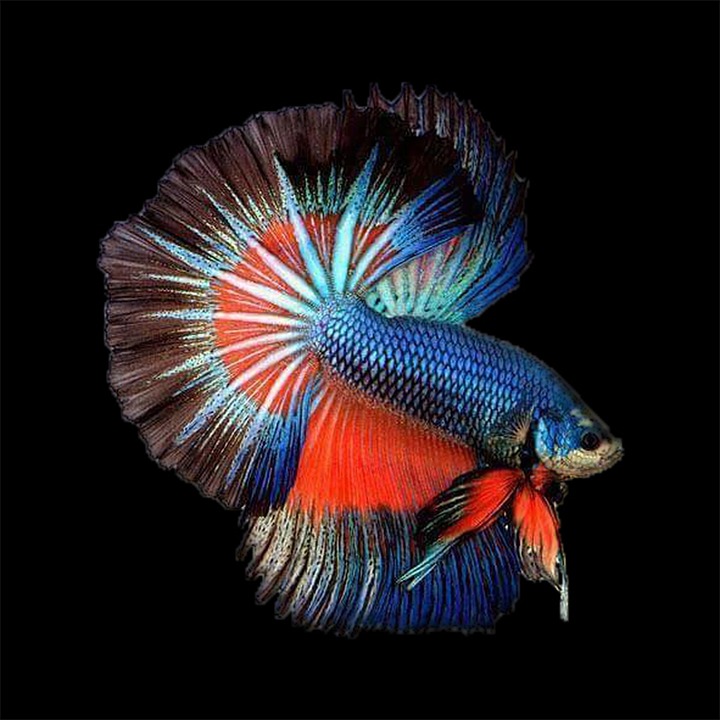Fish behavior mirroring, also known as social facilitation, is a natural phenomenon where fish imitate the behavior of their tank mates. This behavior helps fish adapt to their environment, establish social hierarchies, and communicate with each other. By mirroring the actions, movements, and even feeding patterns of other fish, individuals can create a sense of unity within the tank, reducing stress and promoting overall well-being.
Encouraging positive fish response through behavior mirroring has several benefits. Firstly, it reduces stress among tank inhabitants. Fish thrive in environments where they feel safe and secure, and mirroring behavior helps create familiarity and comfort. Additionally, fish behavior mirroring enhances socialization among tank mates. Fish are social creatures and often engage in complex social behaviors. By mirroring each other, they establish social bonds, communicate effectively, and create a harmonious environment.
Behavior mirroring can also influence feeding behavior positively. When a dominant fish starts consuming food, others tend to follow suit, resulting in a more synchronized and efficient feeding process. In some species, mirroring behavior is crucial for successful reproduction. When fish mirror the spawning behavior of their tank mates, it can trigger a chain reaction, leading to increased reproductive success.
To encourage positive fish response through behavior mirroring, there are several effective strategies to implement. Firstly, it is important to provide sufficient space for fish to engage in natural behavior. An appropriately sized aquarium allows fish to move freely, establish territories, and interact comfortably. Additionally, maintaining optimal water conditions is crucial for the overall health and well-being of fish. Regularly testing and maintaining water parameters such as temperature, pH, ammonia, and nitrate levels create an optimal and stable environment.
When adding new fish to the tank, considering their compatibility with existing tank mates is important. Fish that share similar behavior and environmental requirements are more likely to engage in mirroring behavior. Studying the behavior of fish in their natural habitat can provide valuable insights. Mimicking natural conditions, such as lighting, hiding spots, and water flow, can encourage fish to mirror their behavior more effectively. Finally, offering a diverse and balanced diet is crucial for promoting positive fish response.
In conclusion, understanding fish behavior and promoting positive responses through mirroring can significantly enhance the well-being of aquarium inhabitants. By providing optimal tank conditions, fostering social interactions, and respecting the individual needs of each fish species, aquarium owners can create a harmonious and thriving aquatic environment. So, sit back, relax, and enjoy observing the mesmerizing beauty of fish as they mirror each other’s behavior in perfect synchrony.









